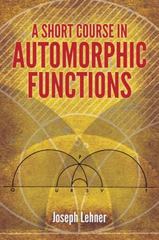Question
4. It is known that when a five-card poker hand is dealt from a well-shuffled standard deck, the number of high cards (aces, kings, queens,
4. It is known that when a five-card poker hand is dealt from a well-shuffled standard deck, the number of high cards (aces, kings, queens, or jacks) has a distribution that is skewed to the right, with mean = 1.55 and standard deviation = 1.00. Suppose that a random sample of n = 100 poker hands is taken, each dealt from a well-shuffled standard deck, and that x is the mean of the number of high cards in those hands.
Answer the following questions about the distribution of sample means x in all possible samples of 100 poker hands. (You may assume that this sample size is large enough so that the Central Limit Theorem applies.)
a) What is the mean, x, of the distribution of these sample means?
b) What is the standard deviation, x, of the distribution of these sample means?
(c) What is the probability that in a random sample of 100 poker hands drawn from well-shuffled standard decks, the mean of the number of high cards per hand is smaller than 1.5? That is, find P(x < 1.5). Explain how you arrive at your answer.
Step by Step Solution
There are 3 Steps involved in it
Step: 1

Get Instant Access to Expert-Tailored Solutions
See step-by-step solutions with expert insights and AI powered tools for academic success
Step: 2

Step: 3

Ace Your Homework with AI
Get the answers you need in no time with our AI-driven, step-by-step assistance
Get Started


